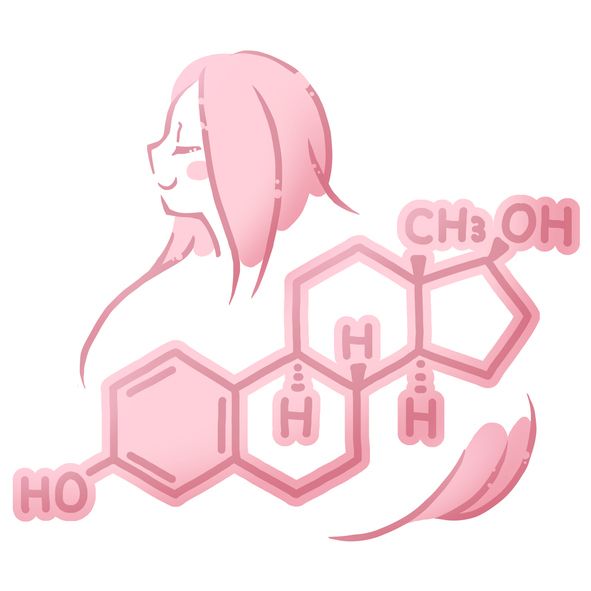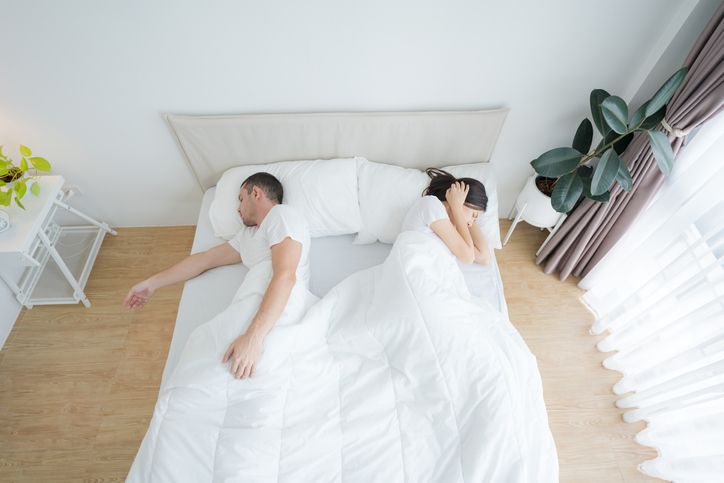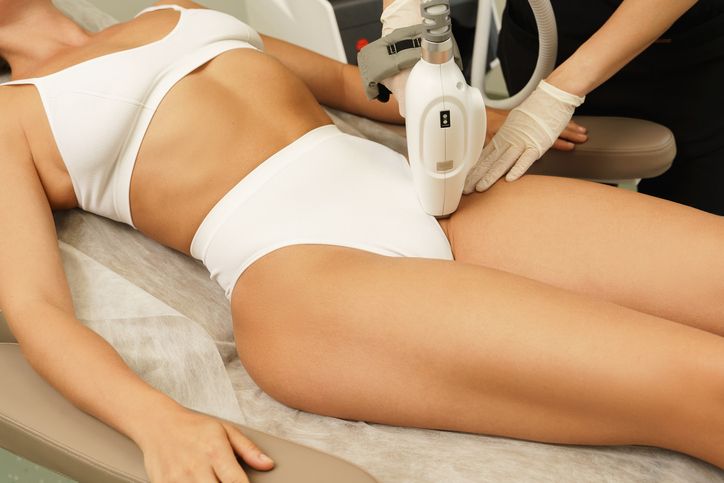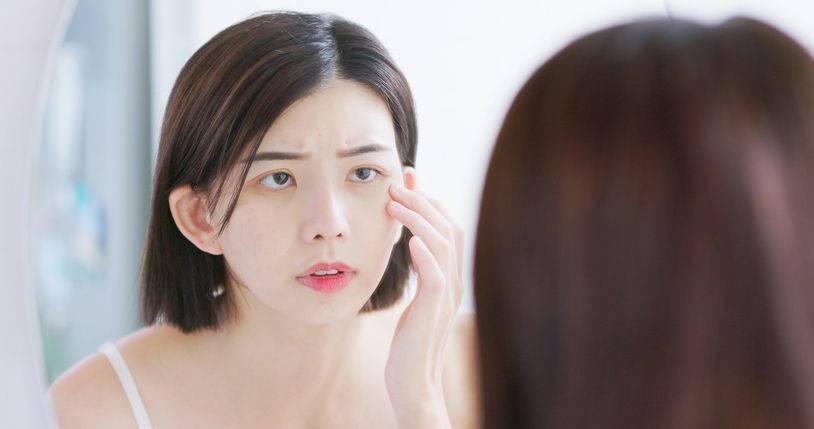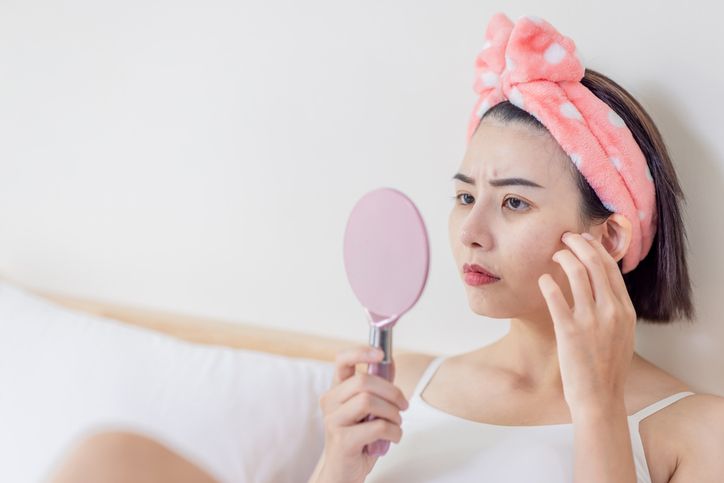- Home
- Trend
- Weight Loss Strategies
- Acne Tips
- Hair Health Information
- Blemish Removal Tips
- Acne Scar Removal Tips
- Muscle Building Techniques
- Intimate Care Tips
- Postpartum Intimate Care
- Eye Bags Wiki
- Tips for Face Slimming
- Secret of Permanent Hair Removal
- Breast Enlargement Tips
- Cure to Snoring
- Marionette Lines
- Skin-Tightening Secrets
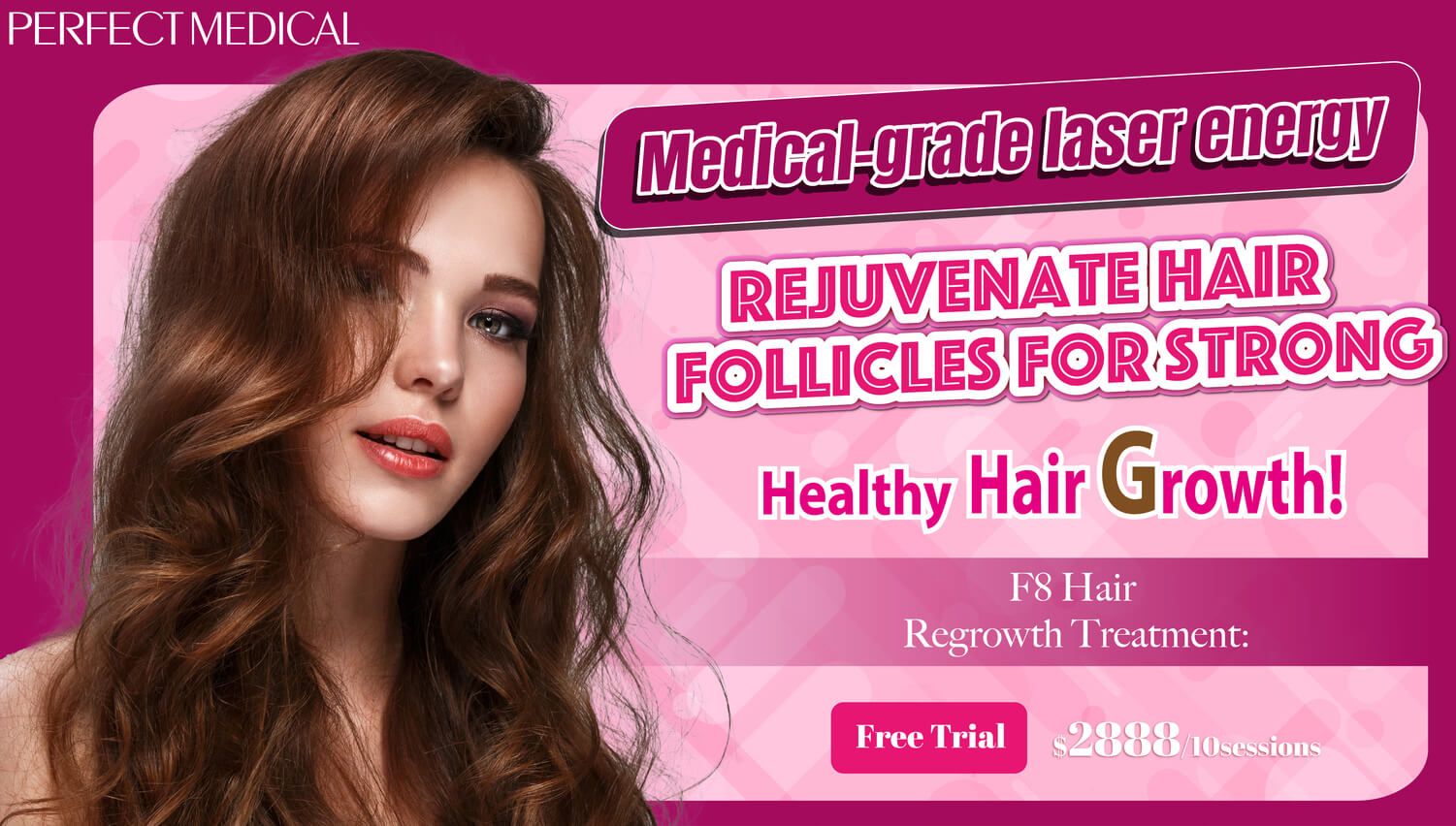
免費體驗
F8 Hair Regrowth Treatment
1 Minute Self-Registration
Date should not be before minimal date
Welcoming a newborn is a whirlwind of joy and adjustments. One unexpected change new mothers often encounter is postpartum hair loss. While temporary, it can be unsettling. Today's guide aims to empower you by explaining the natural hair growth cycle, the reasons behind postpartum hair loss, and practical tips for managing it.
1
When Do Postpartum Hair Loss Start? Is It Totally Normal?
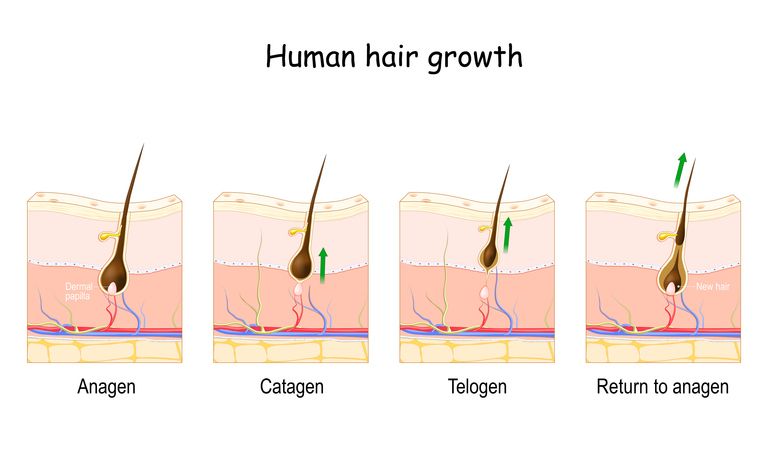
How Pregnancy Affect Hair Loss
2
How Long Does Postpartum Hair Loss Last? The Timeline of Postpartum Hair Loss
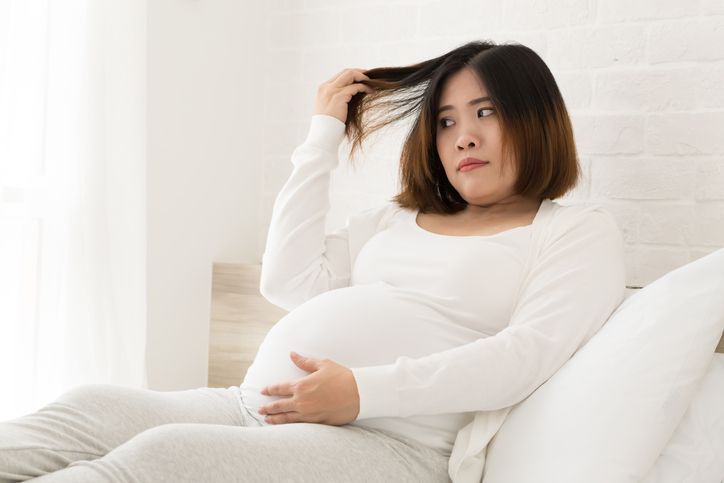
Initial Shedding Phase
Peak Shedding
Recovery and Regrowth
- Combat Hair Loss Effortlessly: Everything you have to know about Hair Transplant
- Fight Back Against Weak Scalp: Building a Hair Care Routine for Strength
- Hair Loss Myth in Singapore: Separating Fact from Fiction
- How Much Hair Loss is Normal? Notice 7 Signs of Serious Hair Fall Before It's Too Late + Your 7 Steps Guide to Stop Hair Loss For Good!
3
Eat These Foods to Reduce Noticeable Hair Loss & Lose Hair Slower
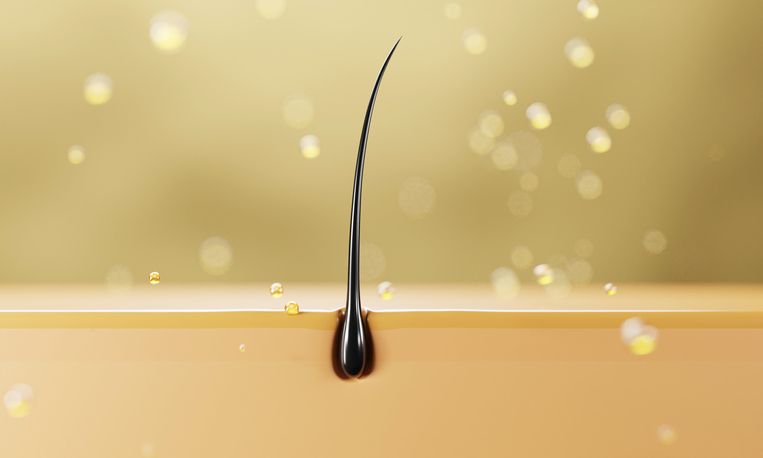
1. Iron
2. Protein
3. Omega-3 Fatty Acids
4. Vitamins A and C
5. Zinc
6. Biotin (Vitamin B7)
7. Vitamin D
4
Prevent Postpartum Hair Loss Effectively With Perfect Medical!
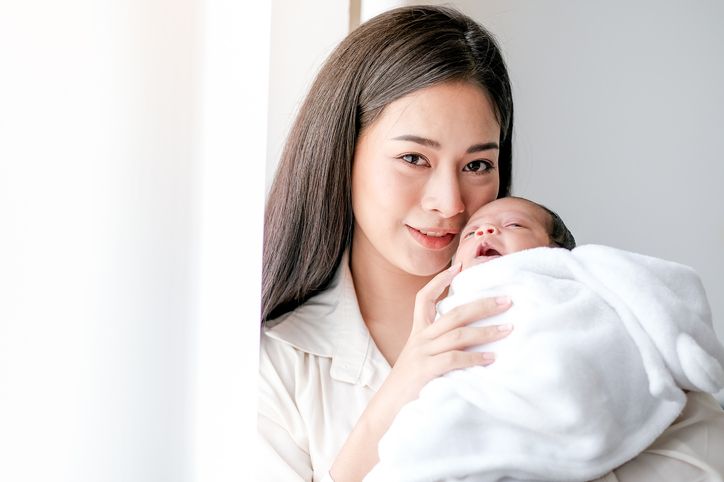
How It Helps Postpartum Hair Loss
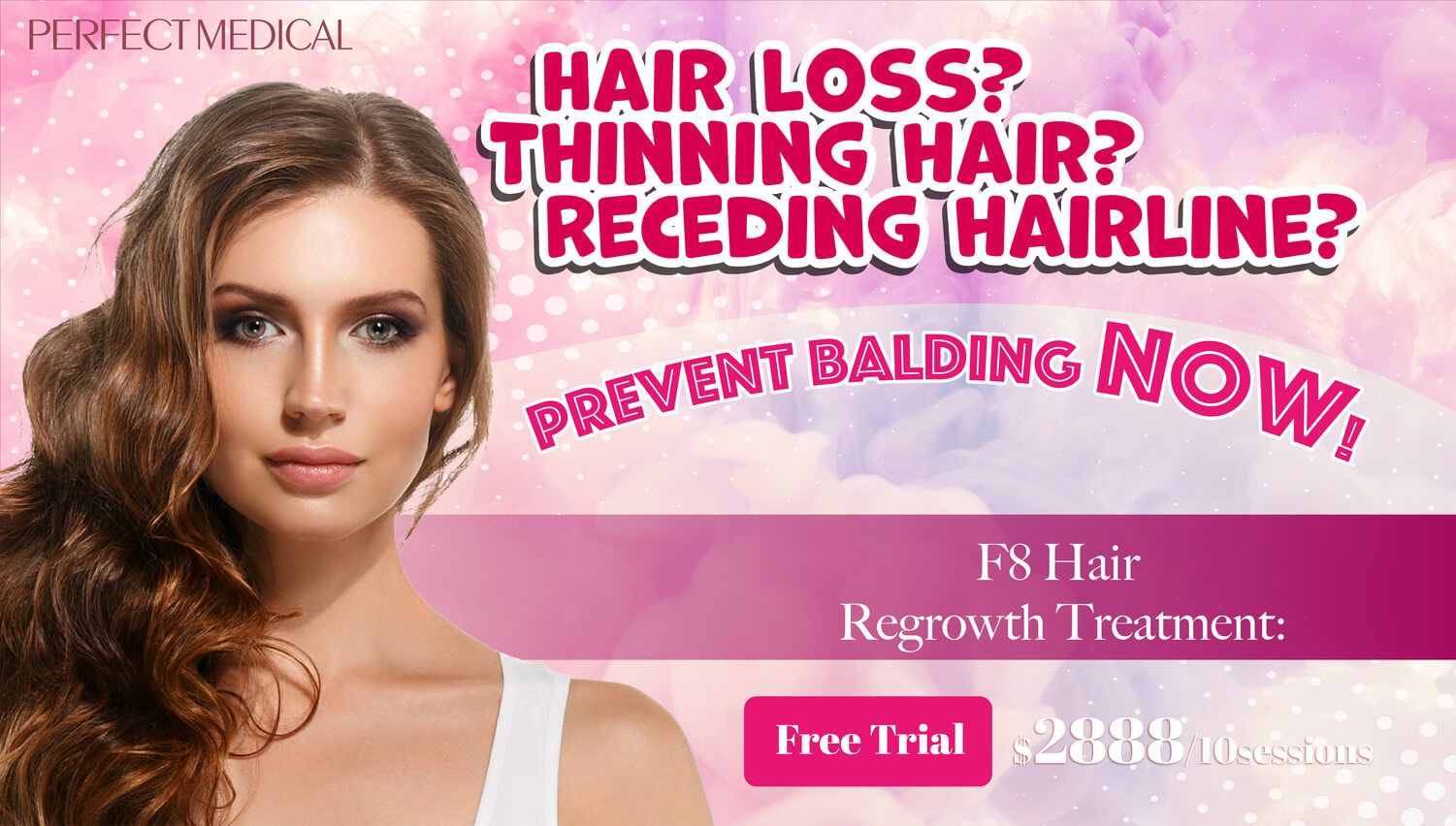
免費體驗
F8 Hair Regrowth Treatment
1 Minute Self-Registration
Date should not be before minimal date
5
Last Few Words

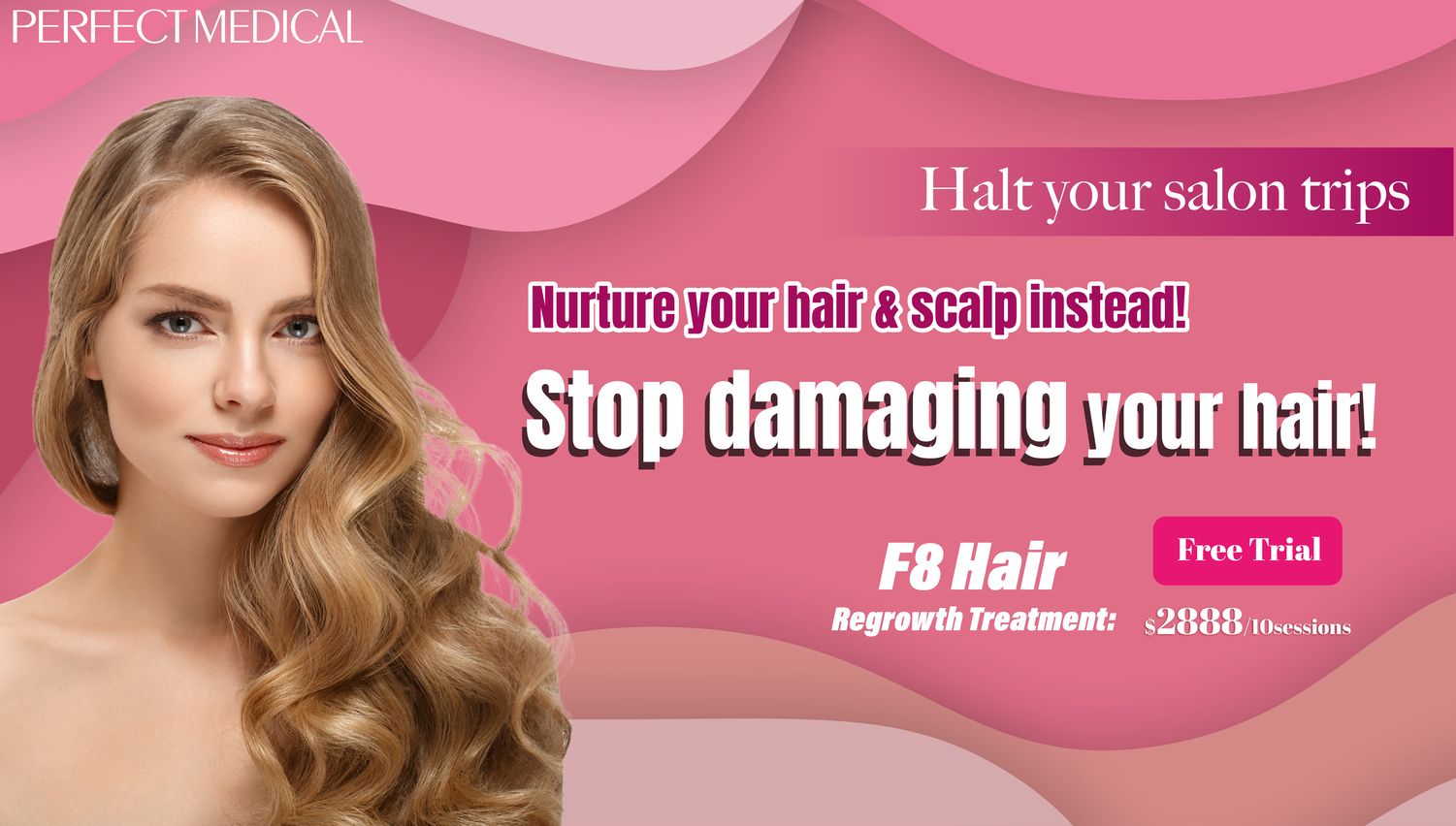
免費體驗
F8 Hair Regrowth Treatment
1 Minute Self-Registration
Date should not be before minimal date
FAQ

1. How can new moms manage their hair care routine to prevent further hair loss during the postpartum period?
New moms can manage their hair care routine to prevent further postpartum hair loss by adopting gentle hair handling and using the right hair care products. It's advisable to avoid tight hairstyles, such as tight ponytails, braids, or buns, which can pull on the hair and exacerbate hair loss. Opting for volumizing shampoos can help make the hair appear fuller. Additionally, using a wide-tooth comb to detangle wet hair gently can minimise breakage. Limiting the use of heat styling tools like blow dryers and curling irons can also protect hair from damage. Conditioning shampoos or intensive conditioners can help nourish and strengthen the hair, while avoiding harsh chemical treatments.
2. Can using volumizing shampoo and conditioning shampoos help manage fine hair during postpartum hair loss?
Yes, volumizing shampoos and lightweight conditioning shampoos can be beneficial for managing fine hair during postpartum hair loss. Volumizing shampoos help add body and volume to the hair, making it appear fuller, while lightweight conditioning shampoos help nourish the hair without weighing it down, promoting healthier hair growth.
3. How can a well-balanced diet contribute to helping hair grow back after experiencing postpartum hair loss?
A well-balanced diet is crucial for promoting healthy hair regrowth after experiencing postpartum hair loss. Nutrients like protein, vitamins (especially prenatal vitamins continued postpartum), iron, and omega-3 fatty acids support the hair growth cycle, strengthen hair follicles, and can lead to the growth of stronger, healthier hair. Ensuring a diet rich in these nutrients can help accelerate recovery from postpartum telogen effluvium.
4. Are there any risks associated with using blow dryers and curling irons on fine hair that is experiencing postpartum hair loss?
Using blow dryers, curling irons, and other heat styling tools on fine hair that is experiencing postpartum hair loss can pose risks. These tools can cause further damage to already fragile hair, leading to breakage and making thinning hair appear even finer. It's recommended to use these tools on a lower heat setting and apply a heat protectant to minimise damage. Alternatively, allowing hair to air-dry and minimising heat styling can help maintain hair health during this period.
5. How do thyroid disorders affect postpartum hair loss, and what role do prenatal vitamins play in hair regrowth?
Thyroid disorders can exacerbate postpartum hair loss because thyroid hormones play a significant role in regulating the hair growth cycle. An imbalance in these hormones can lead to hair loss. Screening for thyroid disorders is an important part of postpartum care for women experiencing excessive hair loss. Prenatal vitamins, rich in folic acid, iron, and other essential nutrients, can support hair health and regrowth. Continuing to take prenatal vitamins after giving birth can provide the necessary nutrients to help promote hair regrowth and overall health during the postpartum period.






